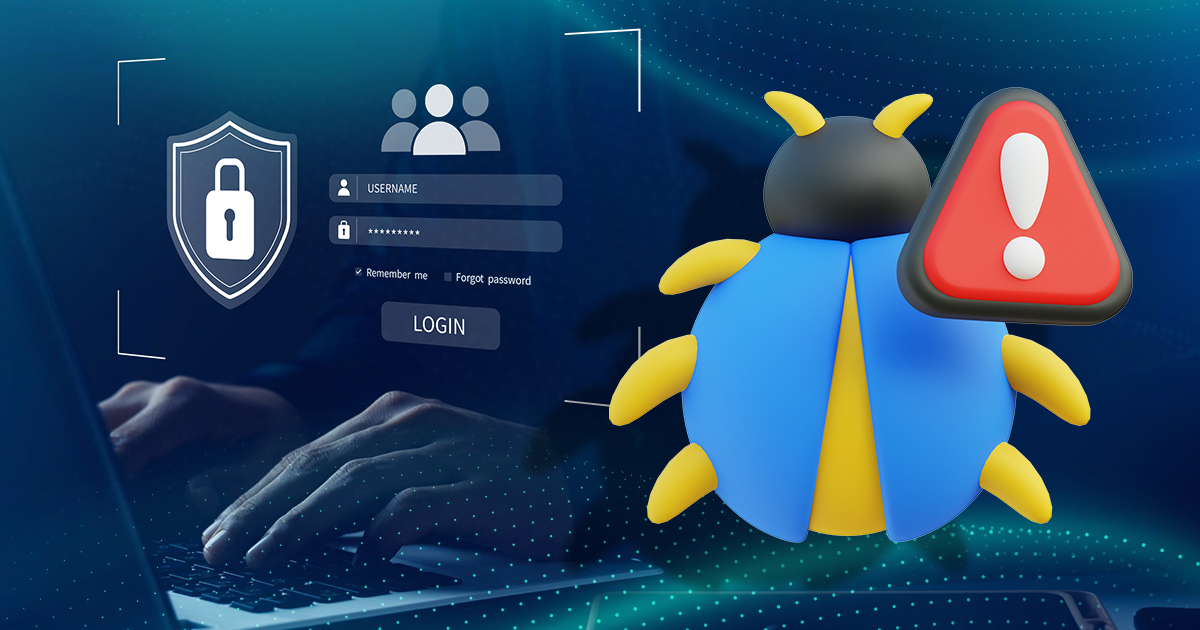Gamers have long been seen as high-risk targets, prime bait for phishing scams, cheat-code malware, and credential stuffing. But that narrative is evolving. Today, the gaming community isn’t just being protected from cyberattacks. It’s becoming a vital part of the protection system.
Across platforms, players are spotting scams, flagging threats, warning teammates, and even contributing to cybersecurity tools. From casual mods to competitive clans, the gamer ecosystem now plays an active role in digital defense, one that extends far beyond gameplay.
This shift signals a broader evolution in cybersecurity: defense is no longer just about infrastructure. It’s about behavior.
Why Behavior Is Now Part of Security
Modern cyberattacks increasingly exploit users rather than systems, employing tactics such as phishing, fake login pages, and deceptive giveaways to trick gamers into revealing their credentials or downloading malware. Gaming-specific scam reports confirm these tactics are rising sharply. For example, at least 1 in 10 credential-stuffing attacks between 2018 and 2020 targeted video game platforms, aiming to harvest account details from unsuspecting players.
Players often become the first line of defense thanks to their unique instincts: they recognize when something feels unusual, such as a suspicious username in chat or a scammy offer, and respond fast. Platforms support this by incorporating reporting and education features. Epic Games, for instance, offers rewards (like an exclusive in-game emote) for enabling two-factor authentication (2FA), encouraging positive security behavior among users. Industry reports also highlight that many Fortnite users activate 2FA not just for safety, but because they want the cosmetic rewards, a clear example of effective gamified security incentives.
Evidence suggests that behavior-focused security is effective: internal tools and platforms that emphasize user agency empower gamers and platforms alike to stay one step ahead of evolving threats.
Real Examples of Gamer Defense in Action
Gamers aren’t waiting for corporate responses, they’re reacting in real time:
- In 2024, members of r/Steam quickly flagged a fake Steam gift card giveaway circulating on Discord, prompting moderators to issue a site-wide warning 2
- Players in popular titles like Valorant and Fortnite routinely report impersonators and phishing attempts via in-game tools, which then trigger bans or account reviews 3
- Communities on Reddit, Discord, and Steam now operate like early-warning networks, detecting scams faster than some official systems
- Some gamers actively participate in open-source cybersecurity projects, like the Blue Team Village at DEF CON
- Platforms like TryHackMe and Hack The Box gamify security training, using point-based challenges to build cyber defense skills from beginner to expert levels
- Major companies like HackerOne host bug bounty programs where gamers and hobbyists alike earn money by finding security vulnerabilities, some starting with game hacks before shifting to real-world defense.
Challenges in Turning Gamers Into Defenders
Despite the potential, not every player becomes a digital guardian overnight. Several barriers remain:
- False alarms can flood moderators and create confusion
- Many players still lack awareness of phishing techniques or malware risks
- Language differences make it hard to coordinate safety efforts in global titles
- Trolls and abusers sometimes weaponize reporting tools to target innocent players
- Most gamers don’t get training or feedback, which makes it hard to know if their actions help
- Efforts to monitor for threats can raise privacy concerns if not handled transparently
Addressing these gaps requires clearer studio communication, better tooling, and community education.
Emerging Roles for Gamers in Cybersecurity
Gamers are slowly becoming cybersecurity professionals. Organizations now see gaming backgrounds as valuable training grounds for skills like pattern recognition, logical thinking, and rapid decision-making.
A McAfee report found:
- 92% of senior security professionals believe gaming builds skills vital for cybersecurity threat hunting.
- 78% would consider hiring gamers even without formal cybersecurity training.
- 72% see gamers as strong candidates to fill the growing skills gap.
Dark Reading echoed this, noting that gamers’ situational awareness and curiosity make them ideal for hands-on roles like penetration testing and red teaming.
What’s great is that there are also roles that don’t require a strict technical or engineering background that gamers can apply to. Here are entry-level cybersecurity jobs that gamers can pursue without coding or engineering backgrounds.
Community Security Moderator
What They Do
They are responsible for maintaining a safe and positive online environment by enforcing community guidelines and policies, engaging with users, and managing content.
Requirements:
- Experience in managing communities and discussions impartially
- Familiarity with moderation tools
- Strong attention to behavior patterns and rule enforcement
- Clear documentation of incidents
Cybersecurity Incident Coordinator (Non-Technical)
What They Do
They focus on managing the operational and communication aspects of cybersecurity incidents, without requiring in-depth technical expertise.
Requirements:
- Familiarity with incident response framework
- Has project management and problem-solving skills
- Communication and note-taking skills
- Knowledge of cybersecurity regulations and framework are needed
Risk & Compliance Support (GRC Assistant)
What They Do
Primarily responsible for assisting in the development, implementation, and maintenance of governance, risk management, and compliance programs.
Requirements:
- Bachelor’s Degree on Business, IT, or Risk Management
- Good with spreadsheets or documentation tools
- Familiarity with GRC tools and technologies
- Knowledge of regulations and frameworks
Looking Ahead: A New Kind of Digital Soldier
Gamers already spend hours each day identifying threats, responding to high-pressure situations, and communicating with teams. These same instincts are critical in modern cybersecurity.
As attacks become more social, and less about brute-force code breaking, the value of trained, engaged, and tech-savvy communities only grows. Gamers may not wear badges or carry titles, but their role in the broader security ecosystem is becoming hard to ignore.
The next firewall isn’t just software. It’s the community on the other side of the screen: watching, reacting, and protecting their world one match at a time.



